Summaries of books about International Relations:
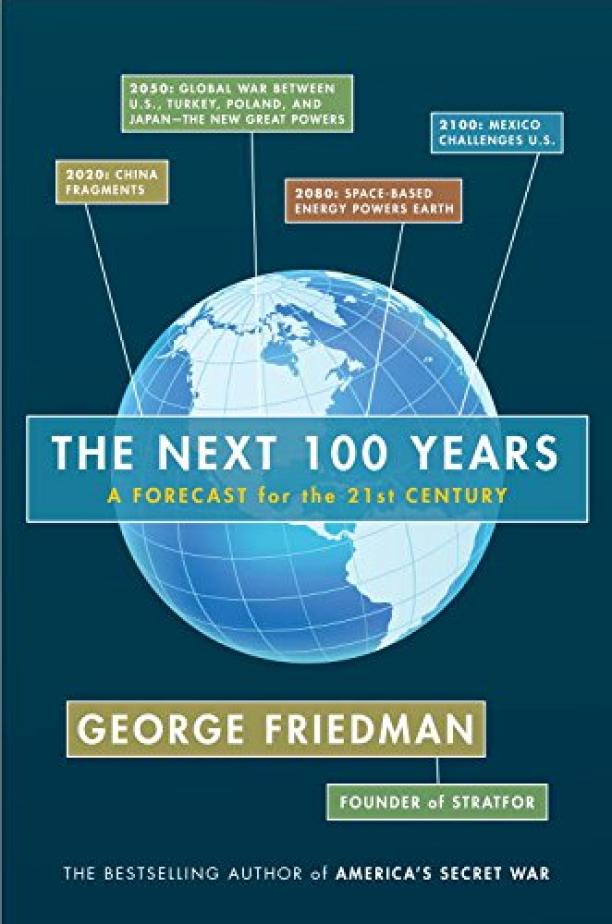
The Next 100 Years
A Forecast for the 21st Century
George Friedman
The book presents a geopolitical analysis predicting major events and trends of the 21st century, including the rise and fall of nations, technological advancements, and potential conflicts. It outlines a future where the United States retains dominance while other global powers emerge and challenge the status quo, leading to shifting alliances and geopolitical strategies.
See full summary
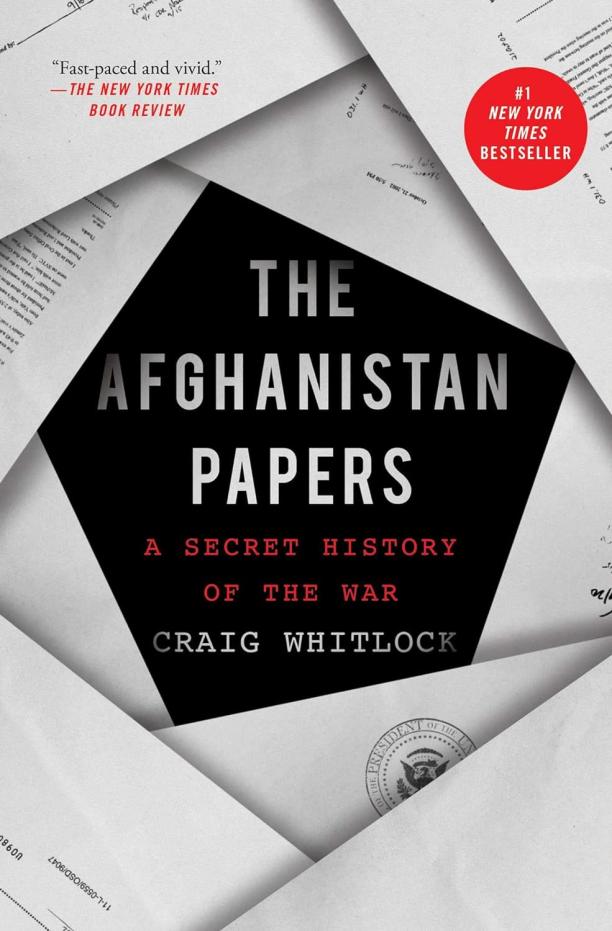
The Afghanistan Papers
A Secret History of the War
Craig Whitlock|The Washington Post
The book reveals a trove of confidential interviews with U.S. officials who expressed deep concerns about the war in Afghanistan, acknowledging failures and missteps in strategy that were often hidden from the public. It exposes the gap between the optimistic public statements made by leaders and the grim realities on the ground, painting a picture of a two-decade-long conflict mired in persistent challenges and deception.
See full summary
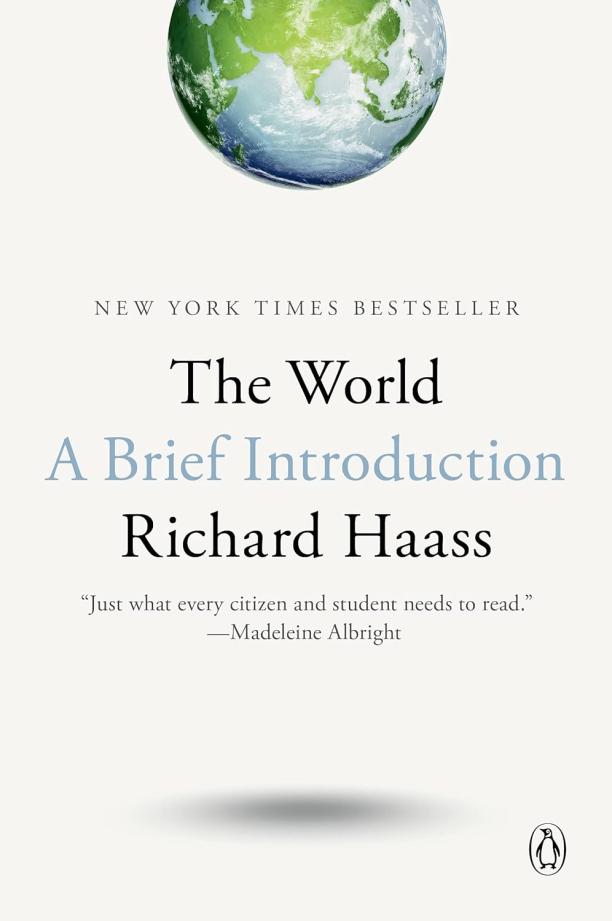
The World
A Brief Introduction
Richard Haass
The book provides an overview of the essential elements of international relations, including the history, geography, and key concepts shaping the global community. It aims to educate readers on the fundamental aspects of world affairs to better understand current events and the interconnectedness of nations.
See full summary
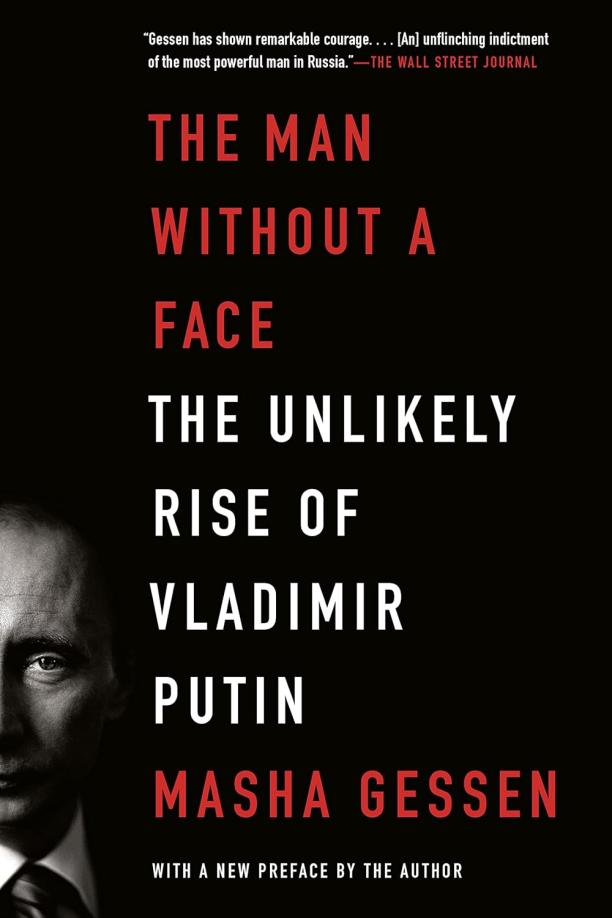
The Man Without a Face
The Unlikely Rise of Vladimir Putin
Masha Gessen
The book chronicles Vladimir Putin's ascent from obscurity to the Russian presidency, detailing his consolidation of power and transformation of the country's political landscape. It provides an investigative account of his background, his rise through the KGB, and his autocratic governing style, while also examining the consequences for Russian democracy and global politics.
See full summary
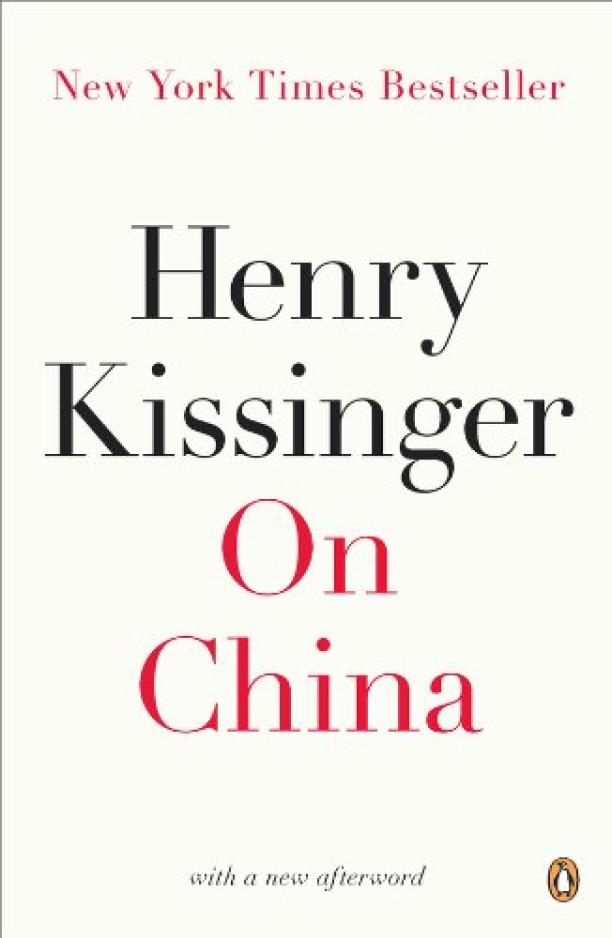
On China
Henry Kissinger
The book provides an in-depth historical analysis of Chinese foreign policy and the country's approach to diplomacy and strategy, drawing from the author's extensive experience with China as a statesman. It also explores the complexities of Sino-American relations and offers insights into the future of global politics involving China.
See full summary
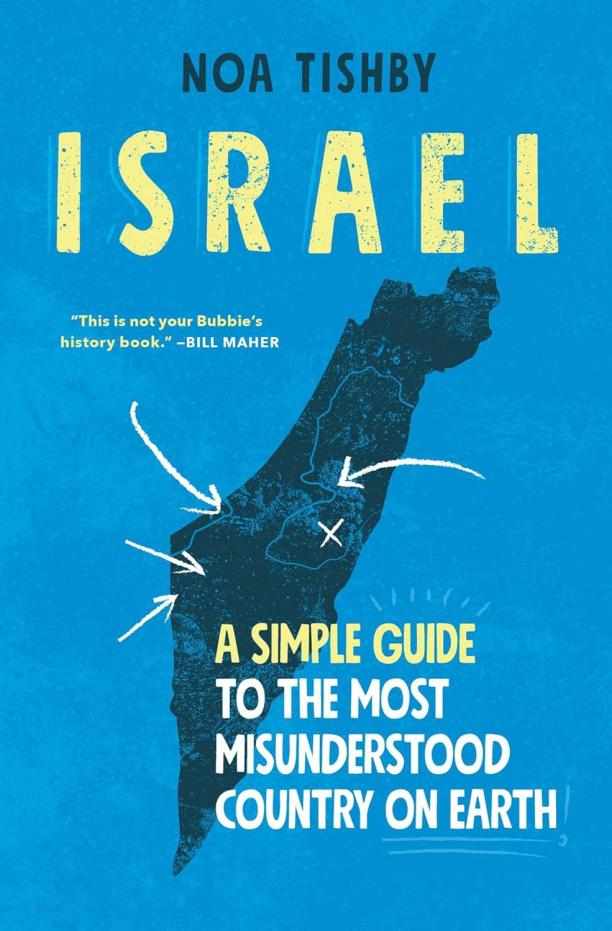
Israel
A Simple Guide to the Most Misunderstood Country on Earth
Noa Tishby
The book offers a personal perspective on the complexities of Israel's history, culture, and politics, aiming to debunk common misconceptions and provide insights into the country's role on the global stage. It blends memoir, historical analysis, and cultural commentary to navigate the reader through the nuanced narrative of Israel's past and present.
See full summary
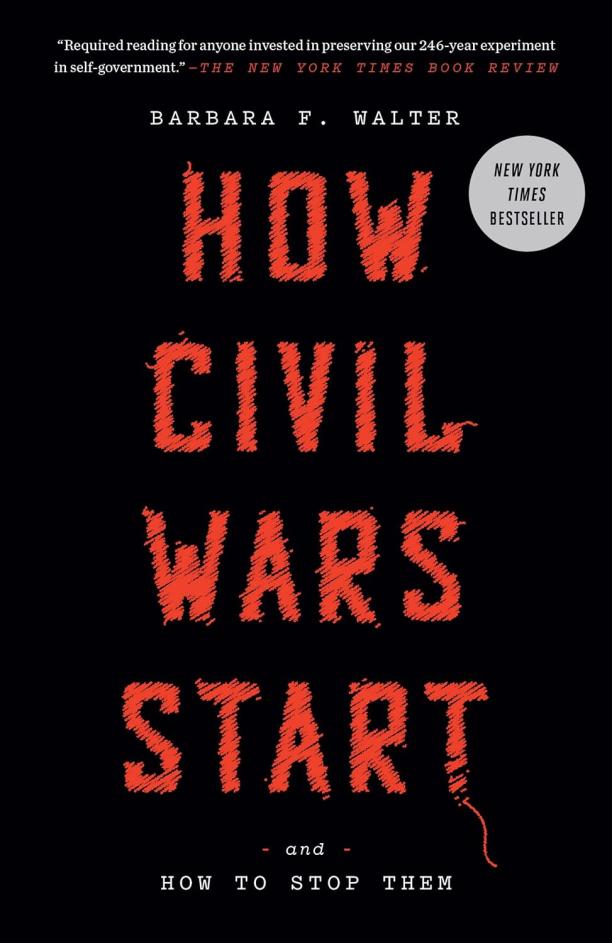
How Civil Wars Start
And How to Stop Them
Barbara F. Walter
The book examines the factors that lead to the onset of civil wars, analyzing historical data and current trends to identify warning signs of potential conflict. It also proposes strategies and interventions that could prevent such internal conflicts from escalating, emphasizing the role of democratic institutions and international cooperation.
See full summary
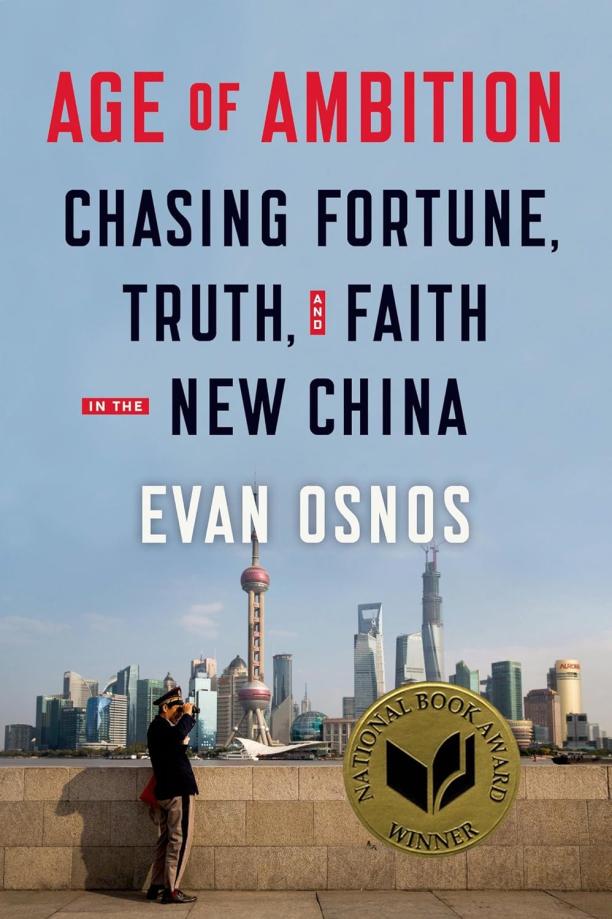
Age of Ambition
Chasing Fortune, Truth, and Faith in the New China
Evan Osnos
The book explores the dramatic transformations in China through the personal stories of individuals striving for success, grappling with the clash between the pursuit of wealth and the Communist Party's control. It delves into the tensions between the country's rise to global power and the quest for individual freedom and authenticity.
See full summary
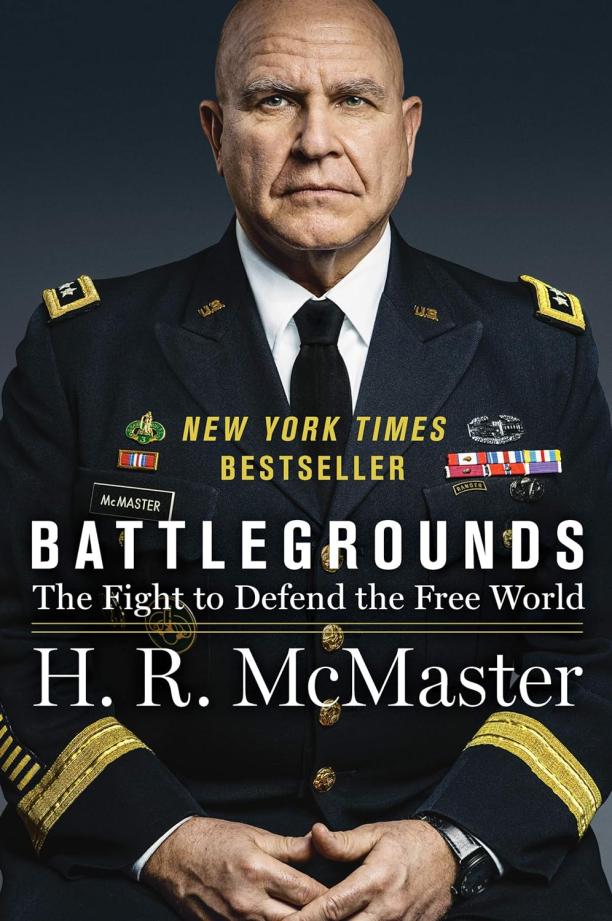
Battlegrounds
The Fight to Defend the Free World
H. R. McMaster
The book provides an analysis of the major foreign policy and national security challenges facing the United States, drawing from the author's experience as a former National Security Advisor. It offers strategic insights and policy recommendations for dealing with adversaries such as Russia, China, North Korea, and Iran, as well as addressing threats like terrorism and cyber warfare.
See full summary
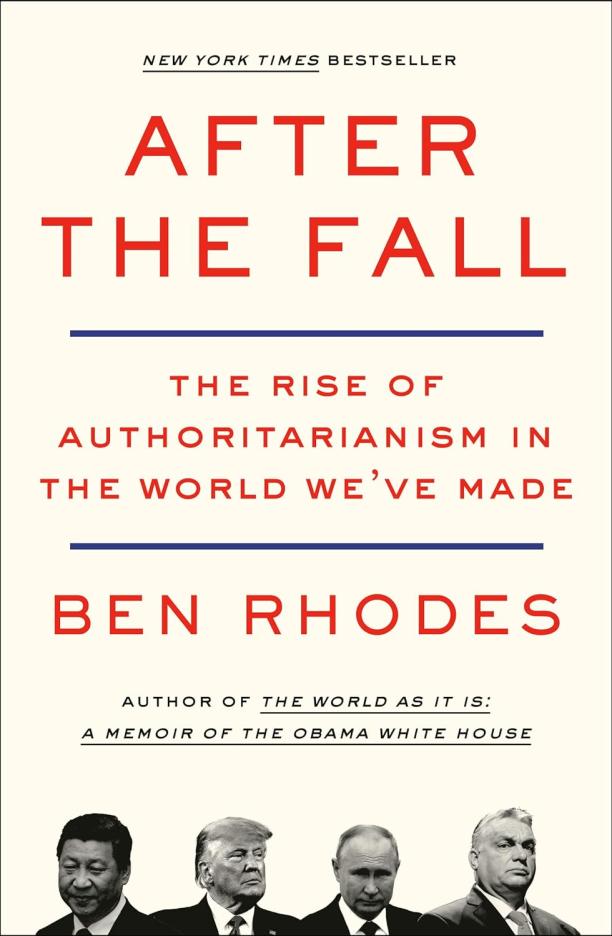
After the Fall
Being American in the World We've Made
Ben Rhodes
The book reflects on the author's experiences as a former deputy national security advisor, offering insights into the global consequences of American foreign policy decisions post-9/11. It examines the rise of nationalism, authoritarianism, and the challenges to democracy, while considering America's role and identity in a rapidly changing world.
See full summary